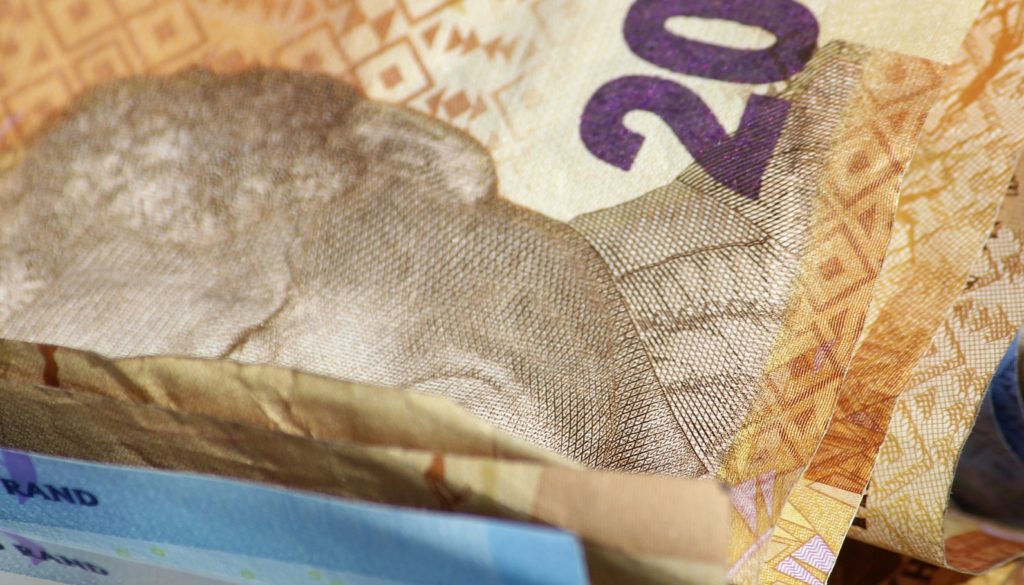In a move that signals a major leap forward in generative AI, OpenAI has quietly rolled out ChatGPT-5, its most advanced model to date….
Ex-Visa man, Vio Digital founder plans US move if remittances app takes off

Johanneburg-based Praga Govender, the man behind a new blockchain app aimed at lowering the cost of remittance payments to Africa, says he plans to relocate to the US should his fintech Vio Digital take off.
Govender, a former Visa products manager, founded the startup in January. While the app is currently available for download on the Google Play Store, it is expected to launch first in four countries — Nigeria, Ghana, Kenya and Cameroon — in May, before further countries are added
While he is currently working from his home in Bryanstan, Johannesburg, Govender says should the company take off he may consider moving to the US.
“You can have the best idea out of Africa, but it doesn’t get taken seriously if you are not in the US,” he says.
He says added to this it makes more sense to base the business closer to where remittance payments originate, rather than in the continent where they end up being cashed out.
He says using the Vio token, users will be able to slash remittance fees from about 20% being charged on a single transaction, down to under five percent — in line with a UN directive to bring fees charged by providers for remittance payments to under five percent.
You can have the best idea out of Africa, but it doesn’t get taken seriously if you are not in the US — Vio Digital founder
Together with his fellow shareholders — fintech entrepreneur Binesh George and former Visa colleague Shane van der Byl — Govender hoped to raise millions of dollars via an initial coin offering (ICO) held last month through Swiss-based exchange Eidoo. In all 25% of the one billion Vio tokens were offered through the ICO.
Vio Digital netted just $1.2-million, says Govender — from 600 investors, most of whom were from Switzerland, Italy and Germany. The figure makes up just 1.5% of the total number of tokens.
But he pointed out that the startup didn’t run any advertising on the ICO and Govender reckons had they opted to do so, the startup could have raised about $10-million from the ICO.
‘ICOs not centre of everything’
“People think the ICO is the centre of everything, when the platform (really) is,” he explains, adding that the heavy focus on ICOs by the cryptocurrency market is misplaced, given that one gets “lots of scams” passing for ICOs.
Another 25% of tokens has been set aside for a collateral float and Govender says if need be the startup will release more tokens in batches, with each constituting 10% of the size of the float (the equivalent of 2.5% of the one billion tokens in the system).
The startup has allocated a further 25% of tokens to cover development costs and Govender says that development partners will be paid in tokens, rather than dollar currency. The final 25% has been allocated to power the network.
In addition, in a bid to boost the size of the community and market the token to more users, 113 000 Eidoo users also benefited from 13 million tokens given to them for free via an “air drop”.
Set to launch next month
While the app is currently available for download on the Google Play Store, Vio Digital is partnering with his former employer Visa, United Bank of Africa (UBA) and payments processor GTP to rollout the solution.
He says the startup opted for the four because of the high level of remittances to these markets, specifically from the US, UK and United Arab Emirates, and the strong presence of UBA in these four countries.
Visa stands to win by getting potentially tens of thousands of new users onto their books, after which they will be able to sell them new financial products.
However, Govender stresses the key driver is not profit for Visa and those companies partnering with Vio — but rather a concerted effort to reduce fees charged on remittance payments.
Says Govender: “We’re (partners and Vio Digital) all doing it to make a singular difference for remittances to Africa”.
Featured image: Counselling via Pixabay

